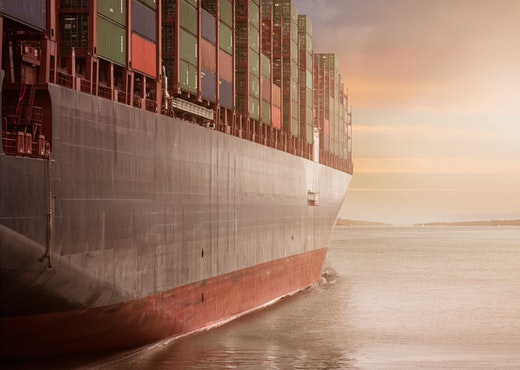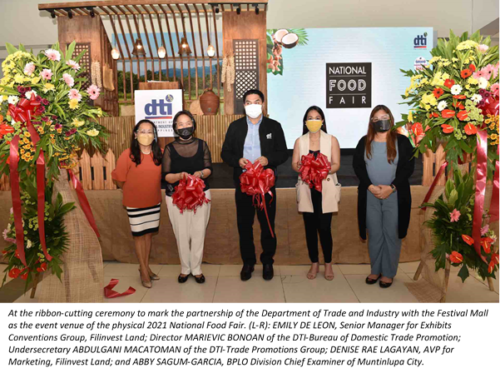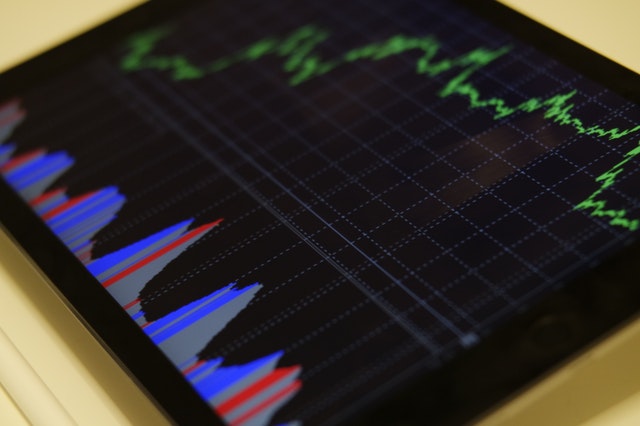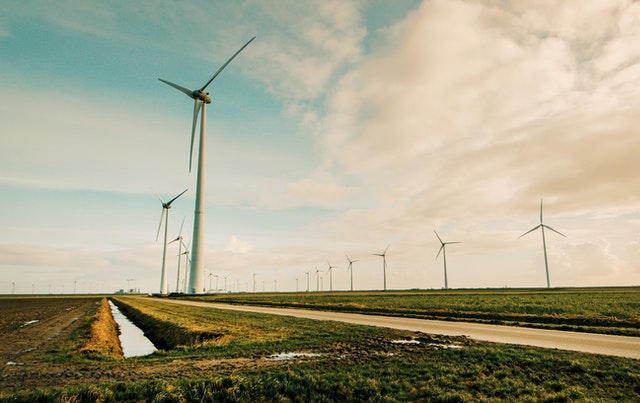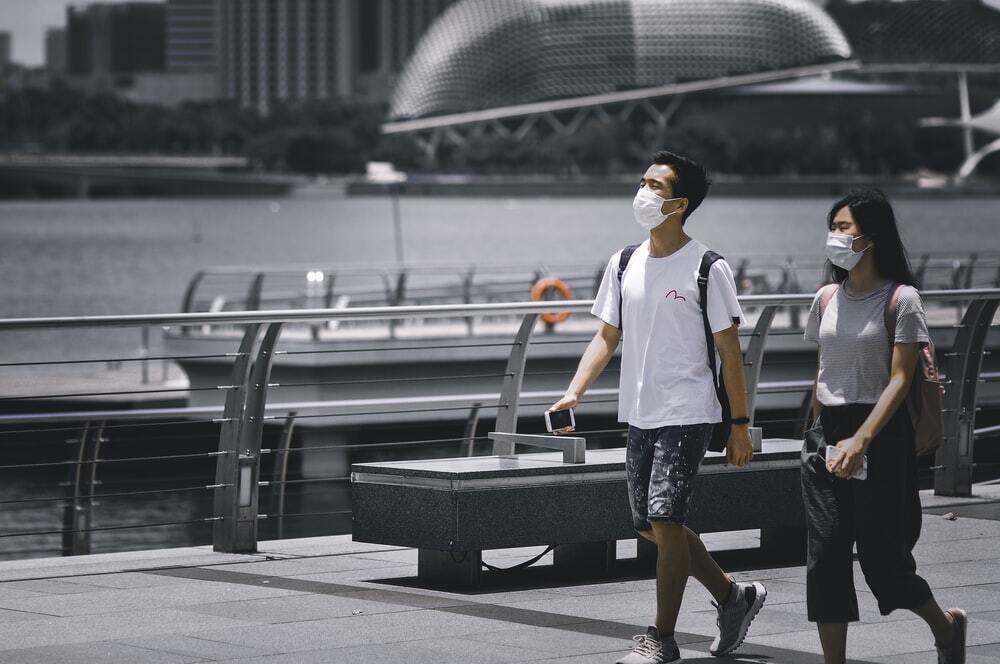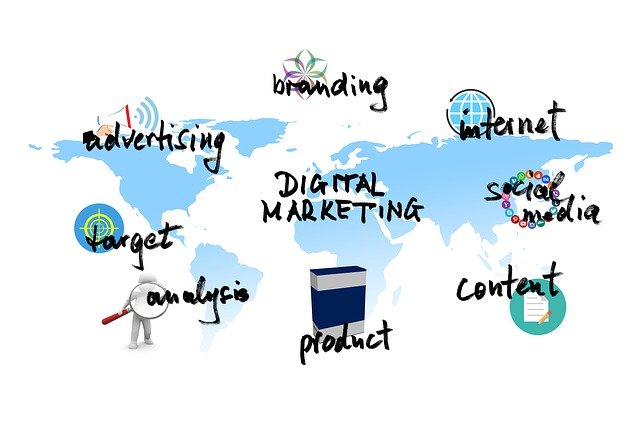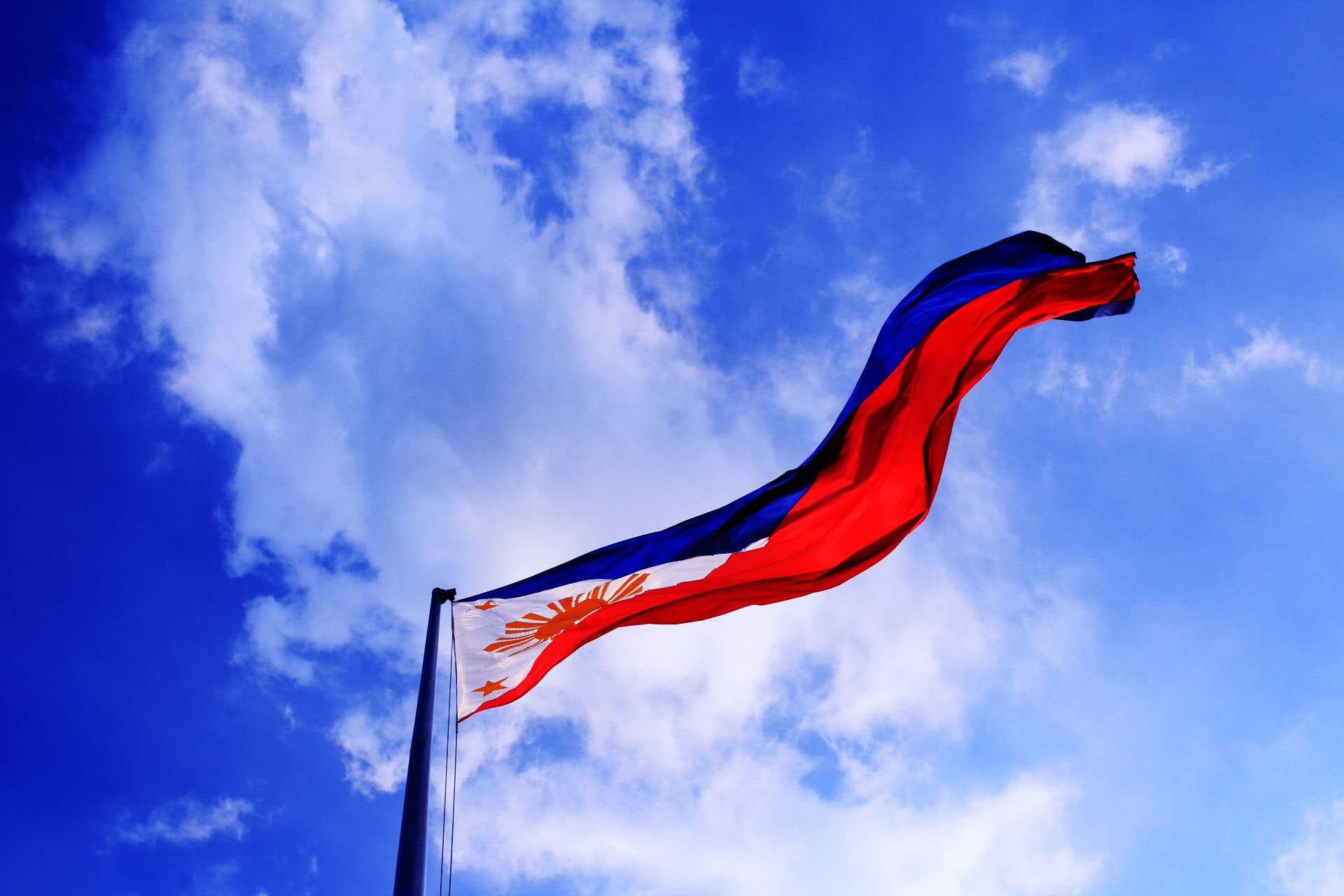The writer is vice president, South Asia Pacific, at Nutanix, an American cloud computing company that sells software, cloud services, and software-defined storage.
Did you know that more than 80 percent of the world’s hard drives are manufactured in Asean? That is an impressive figure even for the region, which is the fifth-largest economy in the world.
Manufacturing is often perceived as a traditional industry heavily reliant on equipment and processes. Beyond the big machineries, conveyer belts and assembly lines, manufacturing is in fact very diverse and has long helped shape the economic growth in this region. The Boston Consulting Group also estimates that Asean manufacturing output can impressively grow by an additional US$400 billion to US$600 billion a year by 2030 from 2020 levels.
However, Asean manufacturers may risk falling behind as they face disruption from newer technologies, and more recently, pressure from a pandemic that has changed the world economy. Manufacturing and the supply chains that support it are under intense stress today and companies will have to look to digitalise through modern information technology (IT) to adapt to newfound changes.
What’s Driving Modernisation in Manufacturing?
What sets manufacturing apart from other industries is that the drive for modernisation is not led by the workforce needing to adapt to remote or hybrid work environments. It is also not about reducing costs. Instead, many manufacturers are re-examining their IT models because of the impact of the pandemic and the cascading effects on our world at-large.
According to Nutanix’s Third Annual Enterprise Cloud Index (ECI), three out of four (75 percent) manufacturing respondents claim COVID-19 has caused IT to be viewed more strategically in their organisations, and also sharply increased their cloud investments.
The emphasis on this in Asean is evident. Indonesia’s Ministry of Industry announced the ‘Making Indonesia 4.0’ initiative that aims to revolutionise industries, especially manufacturing. The roadmap outlines collaborative actions among multiple stakeholders and the adoption of technologies such as Internet of Things and Artificial Intelligence. Meanwhile in Singapore, the Government announced a three-pronged strategy to help the nation’s manufacturing sector grow 50 percent by 2030, with a focus on technology, innovation and research and development.
The Need for Hybrid and Multicloud Infrastructure
Additionally, Nutanix’ ECI report revealed that most manufacturing IT professionals (87 percent) believe a hybrid and multicloud infrastructure is the best IT operating model for the business. In fact, more manufacturers are running hybrid cloud than any other industry today, with about 18 percent penetration.
This shift is not short-term. Manufacturers reported plans to more than double their hybrid usage within three years and grow their deployments to about 52 percent penetration within five years. This leap toward modernisation will reshape traditional manufacturing practices and accelerate digital transformation across the industry, but the journey will require a concentrated effort from industry leaders.
In the wake of the pandemic, business leaders are tasked with reconsidering standard business procedures, particularly how they align with protecting employees through social distancing practices while still maintaining production output. This stands true till today, especially with multiple waves of infections and the new delta variant driving national lockdowns across ASEAN.
Manufacturers believe hybrid and multicloud will help with this transition. According to the ECI, manufacturing companies adopt the model to better meet business requirements (62 percent), gain greater control of IT resource usage (60 percent), and increase speed to deliver on business needs (53 percent). Industry 4.0, the Fourth Industrial Revolution, is underway, and the transition to hybrid cloud offerings will automate current backend operations, freeing up resources to invest in other modern smart technology.
A Long Journey Ahead for Full Transformation
Despite the strong push for transition to hybrid cloud architectures, the manufacturing industry has some ways to go. Currently, 15 percent of global manufacturers still run exclusively traditional, non-cloud-enabled datacentres.
Manufacturing has yet to turn ‘smart’ as most manufacturers are just utilising individual digital production tools. Digitalisation and modernisation in manufacturing companies in ASEAN will not really match up to the pace of other industries unless there is serious review of current production methods, and this means a relook across the process including how products are designed, assembled, and delivered.
To make a real transition to smart manufacturing, companies will need to eliminate legacy datacentre installations, and shift towards hybrid multicloud models. Doing so will offer features that can enhance all operations, from planning to the supply chain. This change also opens doors to introducing automated processes, and other technologies such as robotics, reducing unnecessary costs, increasing production yield, and allowing workers to focus on efficiency and quality rather than output.
One company that is making good progress in digital transformation is Alliance Contract Manufacturing (ACM) in Malaysia. A manufacturer of precision parts, assembly products and mechatronics modules, ACM adopted cloud technology to host their critical business applications and gain the agility needed to embrace Industry 4.0 and pivot in the face of new opportunities. When the pandemic struck, ACM could do just this. The IT team was empowered to move at the speed of the business, reconfigured networks and made the necessary adjustments to ensure that staff could access business applications remotely and securely. With the cloud, ACM was able to minimise disruptions and continue running its business as they transitioned to the new normal.
Similarly, Toyota Motor in Japan built a Virtual Desktop Infrastructure environment on a cloud platform. This allowed the company to run its 3D CAD Design Software remotely, delivering new ways of working for its Engineering Design Group.
IT modernisation can realistically help manufacturers build efficiency and raise productivity as they build automation in their processes in the era of Industry 4.0. Hybrid multicloud strategies represent the digital engines that power this progress, and manufacturers that are leveraging these have also come up above their competitions.
For Asean to emerge a manufacturing powerhouse, manufacturers here will need to tap on the future of hybrid multicloud to unlock new opportunities and gain the agility needed to overcome uncertainties ahead.
Source: The Business Times (Singapore)
Date: 8 November 2021


